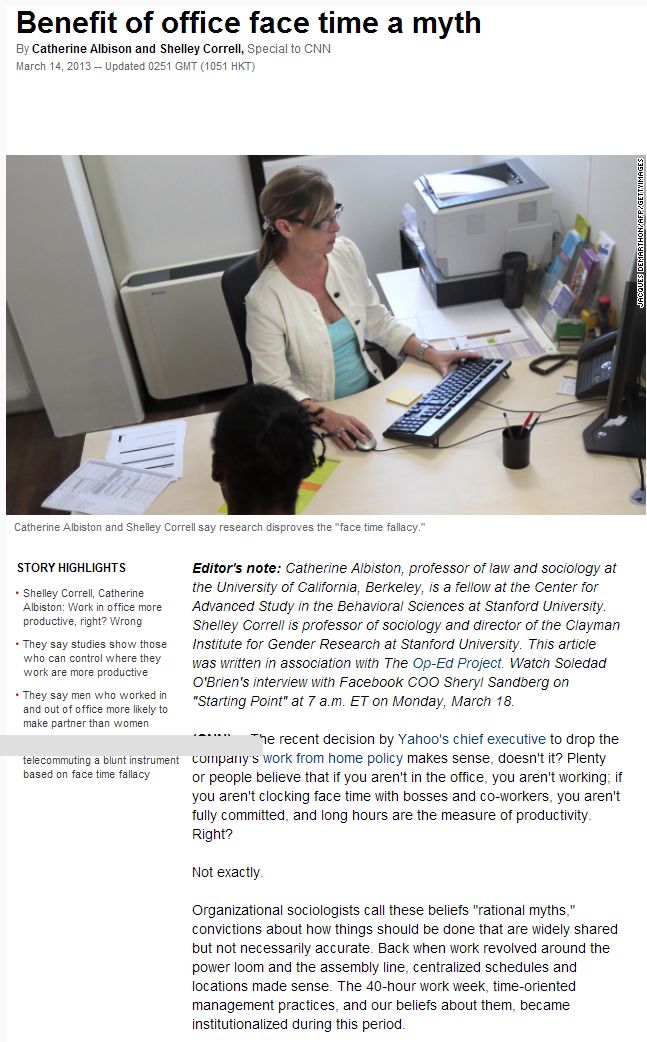Recent Posts
- Office Sharing vs. Coworking: Which Workspace Solution Fits Your Business Needs?
- Evaluating Coworking Spaces: Is Working in Shared Environments a Good Idea?
- Conference Room vs. Meeting Room: Understanding the Key Differences
- How to Choose the Right Meeting Room in Downtown DC for Your Business Needs
- Cost Comparison: Coworking Space vs. Traditional Office – Which is More Economical?
Categories
- Boost Productivity With Private Offices (14)
- Engage and Empower Your Remote Employees (13)
- Escape Distractions: Rent a Private Office! (5)
- Grow Your Business and Network as an Entrepreneur (29)
- Host Impressive Virtual Events in Our Office Spaces (25)
- Level up Your Business as a Solopreneur (14)
- Maximize Productivity in Your Office Space (1,175)
- Startup (9)
- Unlock Productivity Secrets Now! (1)
- Unlock Your Productivity Potential (21)
- Wellness (31)
- Workspaces (39)
NEED HELP?
Review
451 reviews ★ 4.9 average






